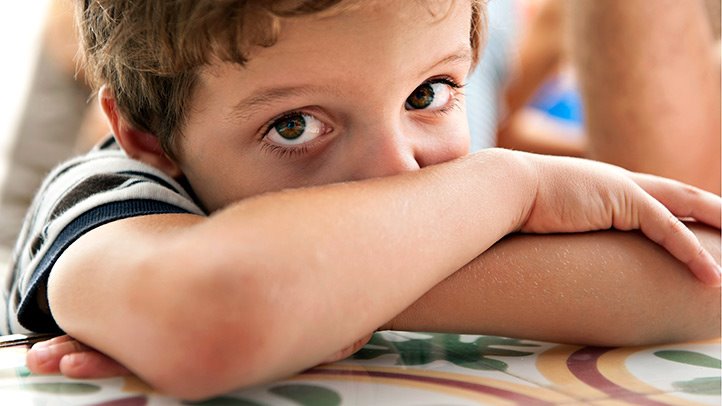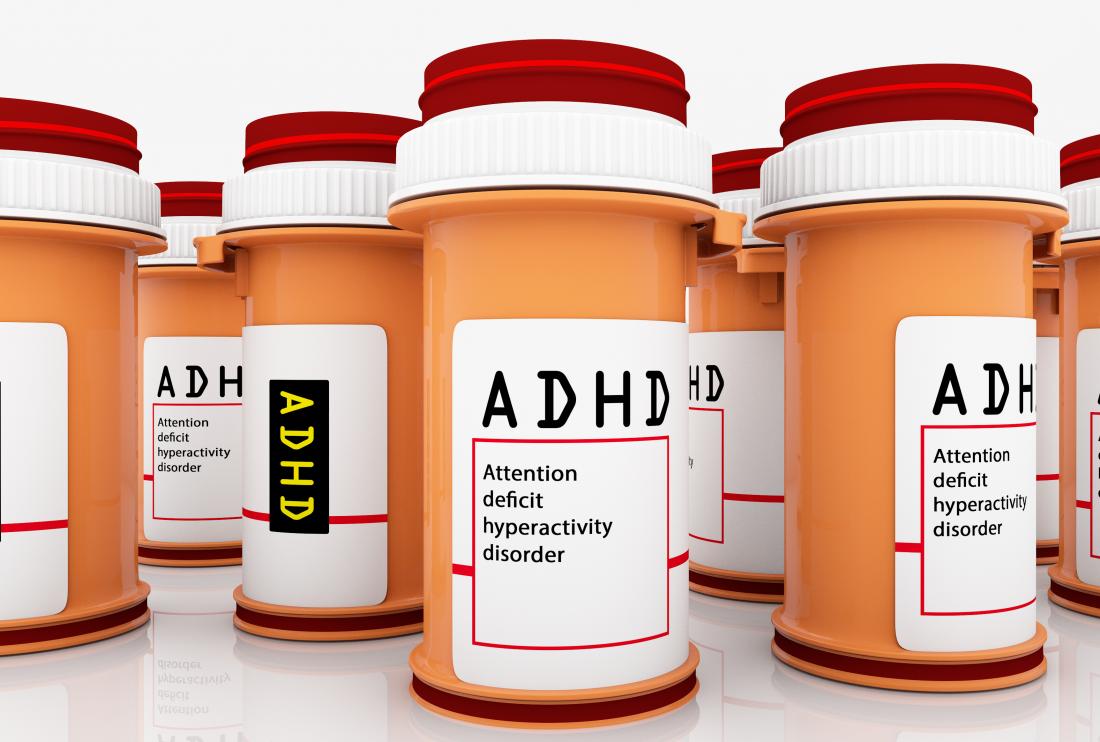Imagine this scene: Your 7–year–old won’t stop teasing his little sister. You give him a 10 minute time out, but he refuses to comply and has a total meltdown. Or suppose you tell your 13–year–old to do her homework and stop texting her friend or else she will lose TV privileges for the week. She becomes upset and breaks your favorite framed picture. If you’re the parent of a child with ADHD, this might sound all too familiar.
To put it simply, parenting a child who has been diagnosed with Attention Deficit Hyperactivity Disorder isn’t always easy. Kids with ADHD need special attention because they are special—they are wired differently than their peers. Brain scans show that the brains of ADHD kids look much different when performing certain functions than those of their neurotypical peers. In fact, studies have shown that the thickness of the cortex of their brains is growing at a pace that is three years behind their peers. What does this mean for kids with ADHD? They are thinking and behaving at the same level as children three years their junior do—yet they are expected to respond to situations in an age–appropriate fashion. Kids with ADHD are often scolded and told: “act your age”—but that’s often not possible for them to do.
The ADHD/Anxiety Connection
Many children with ADHD also suffer from extreme anxiety symptoms. When an individual experiences severe anxiety, they will have one of three reactions: they will freeze and be unable to take action; they will attempt to avoid the situation by withdrawing or leaving the scene; or they will act out of rage to protect themselves. Children with ADHD also have a low tolerance for frustration. When confronted with a difficult task or a conflict they may quickly become emotionally and even physically upset. When a parent is simply providing appropriate guidance and/or limits for their child, they are not expecting a reaction based on fear or rage. They might naturally view this as an act of defiance and respond to the incident with an additional negative consequence, but that will most likely escalate the situation.
Most well–meaning parents approach this behavior with the philosophy of “If at first you don’t succeed, try, try again.” They continue with the same approach, only “kicking it up a notch or two.” Or, they go from one approach to another, all the while saying, “No matter what I do, nothing works.” I would like to give you some simple parenting tips that would make it a breeze to get things going in the right direction, but this is not a simple problem—which means there is no “simple” solution. There are things you can do that will be much more effective, though for your child with ADHD.
5 Tips for Giving Effective Consequences to ADHD Kids: Step–by–Step
The first step is to identify the underlying problem that is causing your child to over–react to minor incidents. This may require professional consultation and assessment by an appropriately trained mental health professional. For children with severe ADHD symptoms, medication may be needed. For others, therapy or a special education program to address the underlying impairment may be in order.
Here are five tips for parenting that can help:
- Keep your child’s developmental level in mind. Remember that your 7–year–old with ADHD may developmentally be a 4–year–old. Your expectations need to be appropriate to your child’s developmental age, not his or her chronological age. For example, for a 9–year–old child with ADHD, you might want to assign chores appropriate for a 6 or 7–year–old. A 13–year–old with the social skills of a 10–year–old would benefit from coaching on social skills.
- Give Time outs Sparingly: For ADHD children, time outs should be used sparingly for serious situations (harming property or persons) and should be brief. My rule of thumb is that a time out for an ADHD child should be one–minute times your child’s age, less three years. In other words, a time out for a child of 7 would be 4 minutes.3.Choose your battles. Sometimes it may be better to ignore the unwanted behavior and pay attention to appropriate behavior, rather than fight over every misbehavior. Behavior is often rewarded by attention whether the attention is positive or negative. With ADHD kids, studies have shown that ignoring a behavior removes reinforcement and leads to a decrease in the inappropriate behavior. On the flip side, paying attention to appropriate behavior will cause it to increase. Teaching your child more appropriate alternative behavior such as “Please use words to let me know what you want rather than screaming” lets her know what you are expecting and what will be rewarded.4.Praise and reward. Praising or rewarding for appropriate behavior works best for these children. You can set up a chart and give your young child a happy face or star in a square for each time they do something the first time they are asked, for example. When 30 squares are filled, they might receive a simple reward. The accomplishment is then celebrated by all and the chart is taken down. From then on, occasional praise will keep the newly learned behavior going. Older children and teens will benefit from praise, and if necessary, earning new privileges based on demonstrating readiness for them. In more complicated situations, a token economy can be set up to get things going in the right direction. A token economy uses a point system where appropriate behavior earns points, inappropriate behavior causes points to be lost, and the point balance is used to buy privileges such as TV or video game time, staying up late on the weekends, etc.5.The importance of a few moments. For years parenting experts have said that parents need to provide love and limits for children, which is true—but the emphasis is usually on providing the limits. I have found—and research has proven—that spending a few moments a day (15 to 20 minutes) doing something fun with your child (no matter how bad the day has been) can do miracles in changing behavior and lives. Practice “catching your child being good.” Tell them you love them. Give them a hug or a pat on the back. Praise a special skill or quality. Provide praise for moving in the right direction even though the finish line has not yet been reached.
Finally, parenting a special needs child requires patience and endurance. Be sure you have support from those around you. Find time to take a break for yourself. Take a step back and look for positive changes and remind yourself that this task is always going to be “a work in click progress.”





